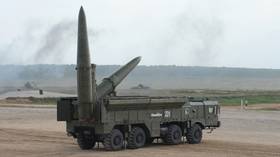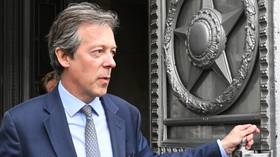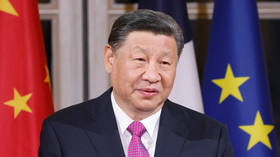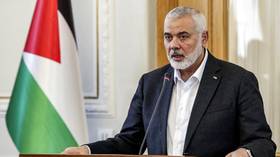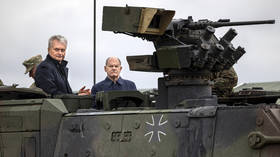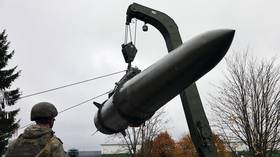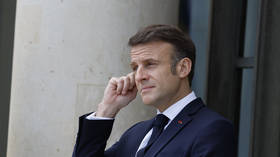EU launches world’s first carbon border tax
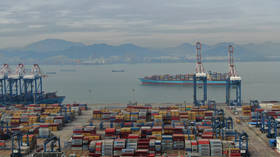
The EU launched the first phase an emissions tariff scheme on Sunday, with a planned import tax on steel, aluminum, cement and fertilisers, as part of its bid to become a climate-neutral region.
During the first phase, until 2026, Brussels does not plan to collect any CO2 emissions charges at the border. Until then the system will collect data on carbon-intensive imports.
EU importers are now obliged to report the greenhouse gas emissions embedded in the production of imported iron, steel, aluminium, cement, electricity, fertilisers and hydrogen.
Starting on January 1, 2026, they will have to buy certificates to cover these CO2 emissions. This will inevitably increase the final cost of produce imported by the bloc, reducing their competitiveness compared to goods manufactured domestically.
The Carbon Border Adjustment Mechanism is supposed to prevent more polluting foreign products from undermining the green transition. The measure will potentially protect local producers from losing out to foreign competitors, while they invest in meeting EU targets to cut the bloc's net emissions by 55% compared to 1990 levels, by 2030.
According to European Economy Commissioner Paolo Gentiloni, the goal of the new policy is also to encourage a global shift to greener production and prevent EU producers from relocating to nations with a less strict environmental regulatory base.
The system has already faced criticism from the bloc’s major trading partners, who say it undermines free trade. It has also added to trade tensions between Brussels and Washington, with the latter asking earlier this year for US steel and exports to be exempt from tax.
For more stories on economy & finance visit RT's business section


